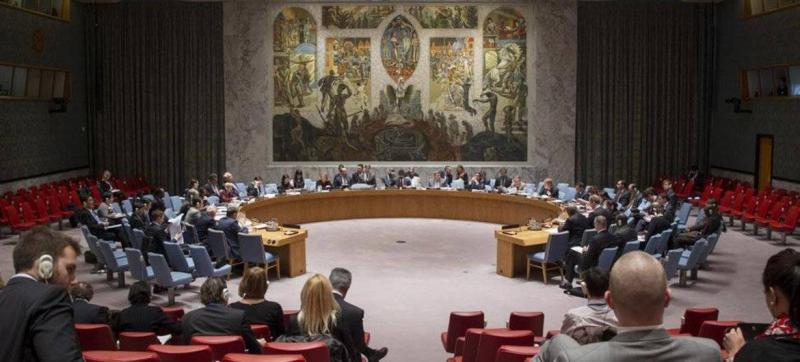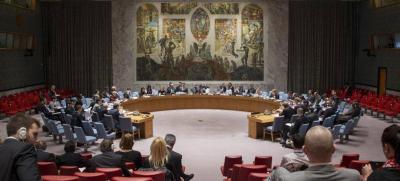The United Nations General Assembly elected Algeria, Guyana, Sierra Leone, Slovenia, and South Korea to the Security Council for a two-year term starting January 1, 2024, while Belarus, allied with Russia in its invasion of Ukraine, failed to secure a seat. Algeria, Guyana, Sierra Leone, and South Korea were elected without opposition to the 15-member council tasked with maintaining international peace and security. In the only competition, Slovenia outperformed Belarus. The five elected countries will replace Albania, Brazil, Gabon, Ghana, and the United Arab Emirates.
The Security Council is the only body in the United Nations authorized to make legally binding decisions, such as imposing sanctions and authorizing the use of force. The council consists of five permanent member states with veto power: Britain, China, France, Russia, and the United States. To ensure geographic representation, non-permanent seats are allocated to regional groups. Even if candidates are elected without opposition from their group, they must receive support from more than two-thirds of the General Assembly's members.
The United Nations Security Council consists of 15 members, 10 of whom are non-permanent members elected by the General Assembly, which represents all 193 member states. The five other members are permanent: the United Kingdom, China, the United States, France, and Russia. Guyana received 191 votes, Sierra Leone 188, Algeria 184 votes, and South Korea 180 votes. Slovenia secured 153 votes, defeating Belarus, which received 38 votes. Belarus had been an unopposed candidate since 2007 for the Eastern European seat for 2024/25. Slovenia entered the race in December 2021 following a brutal crackdown by Belarusian authorities on protests that erupted after the 2020 presidential elections. Moscow used Belarusian territory as a launching point for its invasion of Ukraine in February 2022.




